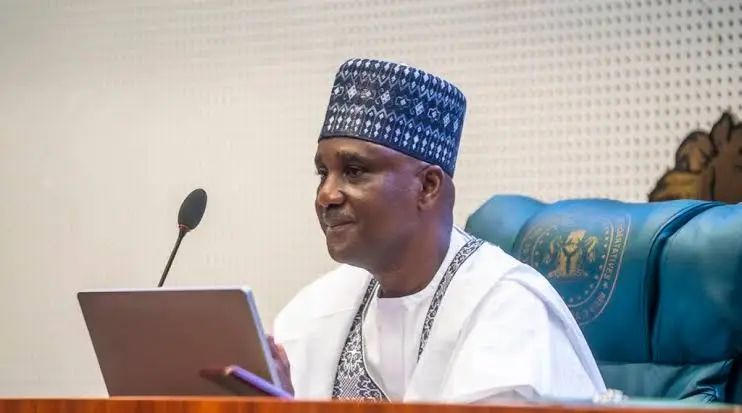In the context of an ongoing assessment of the minimum wage by federal legislators, Hon. Tajudeen Abbas, the Speaker of the House of Representatives, emphasized that Nigerians would be granted a ‘survival wage’ aimed at providing them with adequate means to sustain themselves.
Speaking during a National Policy Dialogue on corruption, social norms, and behavioral change in Nigeria, which was organized by the Independent Corrupt Practices and Other Related Offences Commission (ICPC), Abbas underscored the importance of addressing factors that contribute to corruption. The event, held at the ICPC headquarters in Abuja and supported by the Anti-Corruption Academy of Nigeria and the MacArthur Foundation, featured Abbas’s representative, Busayo Oluwole-Oke, stating that the current inadequate pay for a significant portion of the populace leads to various forms of corruption.
Abbas expressed the House of Representatives’ keen interest in the ongoing review of the country’s minimum wage, with a commitment to ensure that Nigerians receive a wage sufficient for their subsistence. He highlighted that corruption in Nigeria is fueled by weak governance structures, lack of transparency, poverty, and the normalization of corrupt practices due to societal attitudes toward wealth and power.
Abbas stressed that combatting corruption involves not only legal and institutional reforms but also altering societal norms and behaviors. Prof. Bolaji Owasanoye, Chairman of ICPC, urged participants in the policy dialogue to implement advocacy initiatives, lead by example, and encourage the adoption of anti-corruption social norms.
Owasanoye further suggested incorporating the seven pillars of the National Ethics and Integrity Policy (NEIP) into behavior change advocacy. He called for the introduction of behavior change programs in primary and secondary schools, along with inter-school debates to promote anti-corruption norms.
The objective is to encourage positive behaviors, discourage corruption-inducing practices, and create a culture of integrity and accountability across various levels of society. The dialogue highlighted the need for multifaceted efforts, encompassing legal reforms, institutional changes, and societal shifts, to effectively combat corruption and pave the way for Nigeria’s progress.
Read Here: APC Professionals Support Gbajabiamila










